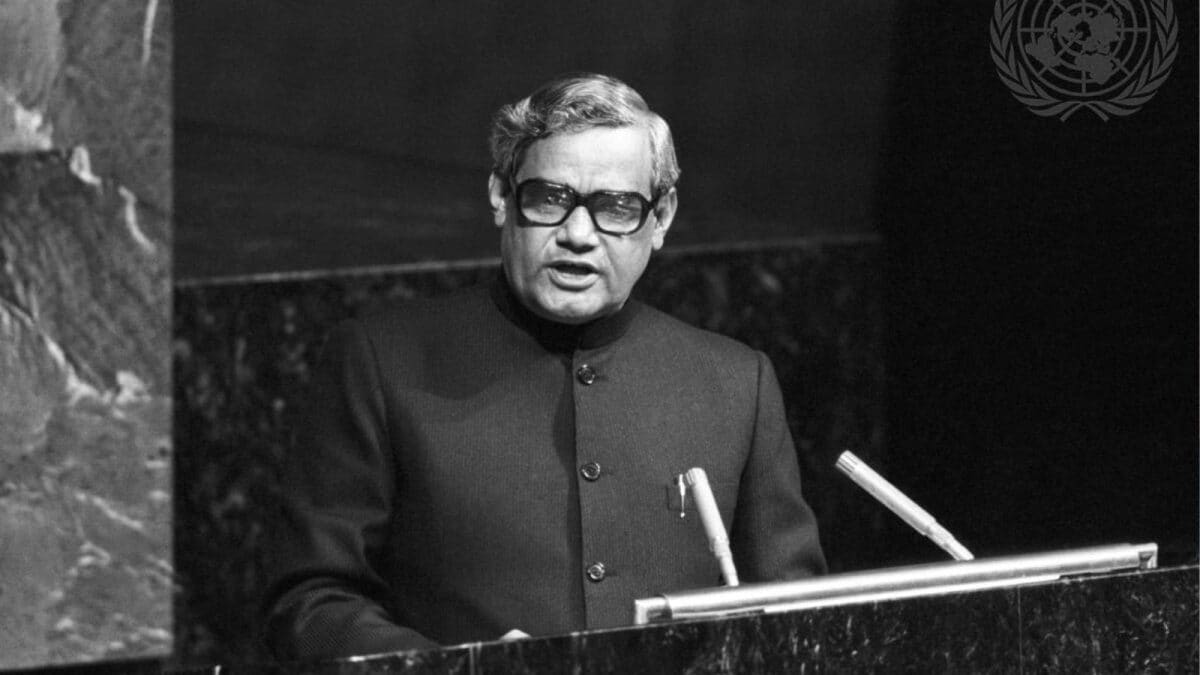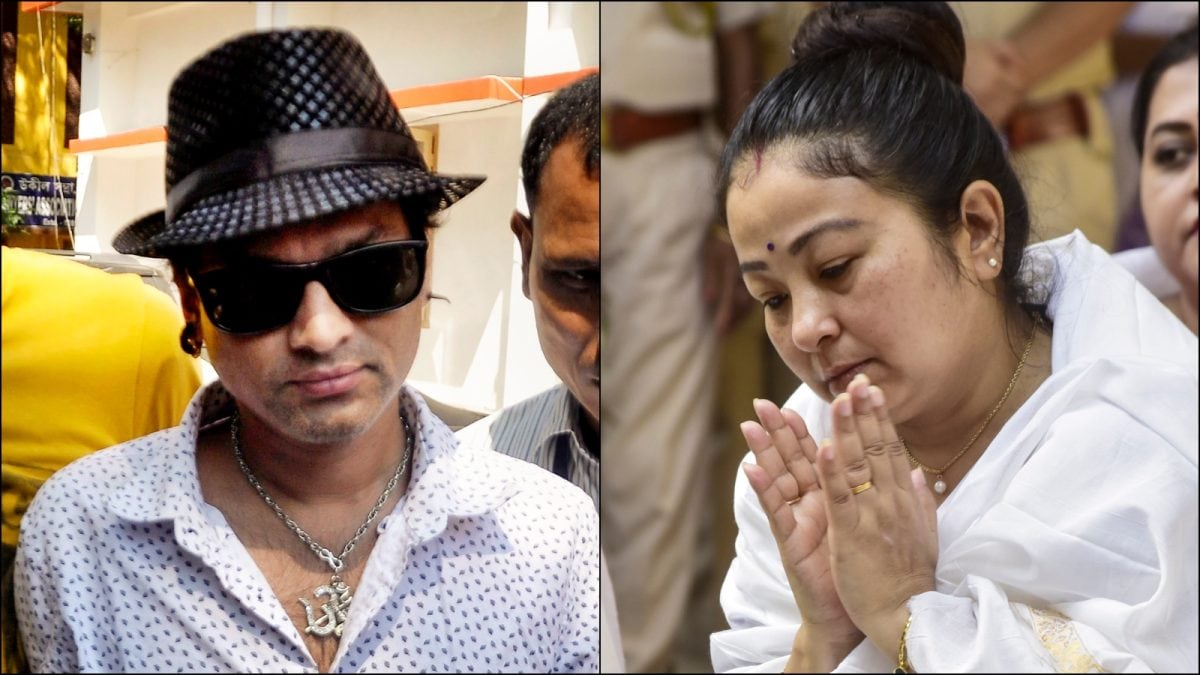Last Updated:
Vajpayee made history in 1977 by addressing the UNGA in Hindi, asserting India’s identity and cultural confidence on the global stage during a time of political transition

In his UNGA speech, Vajpayee drew upon India’s civilisational ethos. (Source: UN Official Website)
The corridors of the United Nations General Assembly (UNGA), long dominated by English and French, reverberated with Hindi for the very first time on this day in 1977. The voice was that of Atal Bihari Vajpayee, then External Affairs Minister in the Morarji Desai-led Janata Party government, who later went on to become the Prime Minister. His speech, delivered in Hindi at the 32nd session of the UN General Assembly on October 4, 1977, not only set a precedent but also showcased India’s cultural confidence before the world.
Today marks the 48th anniversary of that momentous occasion when Hindi was introduced on a global platform of diplomacy. For India, it was not merely a matter of linguistic assertion but a symbolic assertion of self-respect and identity in the comity of nations.
Recommended Stories
The year 1977 was one of political transition in India. Indira Gandhi’s Emergency had just ended, and the Janata Party assumed power. Morarji Desai became Prime Minister, entrusting Vajpayee with the crucial foreign affairs portfolio. Known for his poetic sensibilities and oratory in both Hindi and English, Vajpayee made a conscious decision to speak in his mother tongue, even though English was the recognised language of international diplomacy.
The move was unprecedented. At a time when leaders hesitated to step outside the linguistic norms of global forums, Vajpayee’s address in Hindi drew applause from the assembly. Newspapers back home celebrated the event, with one publication remarking, “Vajpayee has brought respect to Hindi on the global stage.”
In his speech, Vajpayee drew upon India’s civilisational ethos. He invoked the ancient philosophy of Vasudhaiva Kutumbakam, meaning “the world is one family”, to remind leaders of shared global responsibilities. Against the backdrop of the Cold War, when tensions between the United States and the Soviet Union ran high, Vajpayee reiterated India’s policy of non-alignment, declaring, “We do not belong to any bloc, but seek equality with all countries.”
His words resonated beyond cultural pride. He spoke firmly on nuclear disarmament, cautioning that atomic weapons posed an existential threat to humanity. Advocating the peaceful use of nuclear energy, Vajpayee’s remarks were particularly significant as the world grappled with an escalating arms race.
He did not shy away from confronting terrorism either. Strongly condemning state-sponsored violence, he termed it a menace to global peace. Equally striking were his observations on economic disparity. With characteristic humility, he said, “My focus is not on the power and glory of nations, but on the hunger of the poor and the greed of the rich.”
The speech established Hindi as a language of international diplomacy and underscored India’s rising stature on the global stage. It was widely perceived as a turning point in cultural assertion, proving that India could present itself before the world in its own voice without hesitation.
October 04, 2025, 11:53 IST
Loading comments…
Read More



